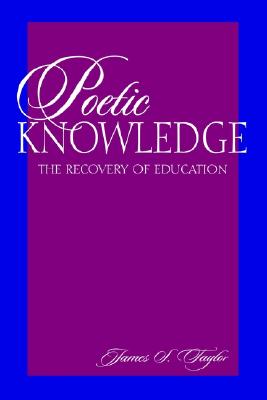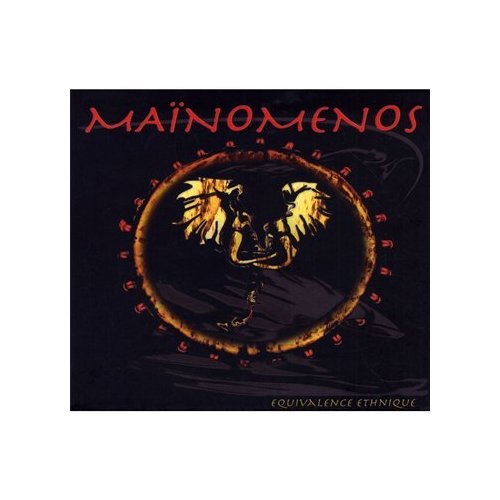
description
2This book rediscovers a traditional mode of knowledge that remains viable today. Contrasted to the academic and cultural fads often based on the scientific methodology of the Cartesian legacy, or any number of trendy experiments in education, Poetic Knowledge returns to the freshness and importance of first knowledge, a knowledge of the senses and the passions. "Poetic knowledge" is not the knowledge of poetry, nor is it even knowledge in the sense that we often think of today, that is, the mastery of scientific, technological, or business information. Rather, it is an intuitive, obscure, mysterious way of knowing reality, not always able to account for itself, but absolutely essential if one is ever to advance properly to the higher degrees of certainty. From Socrates to the Middle Ages, and even into the twentieth century, the case for poetic knowledge is revealed with the care of philosophical archeology. Taylor demonstrates the effectiveness of the poetic mode of education through his own observations as a teacher, and two experimental "poetic" schools in the twentieth century.
member goods
No member items were found under this heading.
Return Policy
All sales are final
Shipping
No special shipping considerations available.
Shipping fees determined at checkout.







